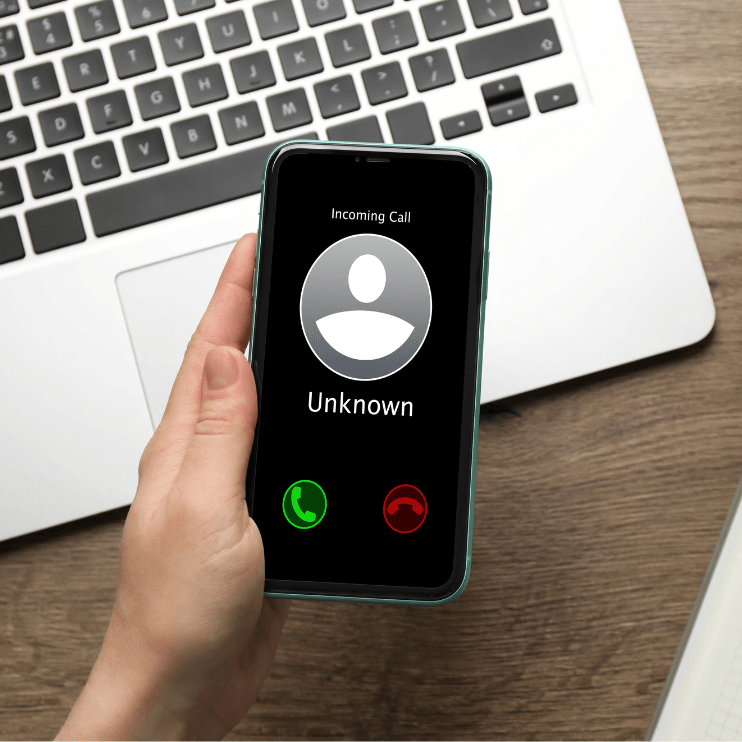What is Ransomware? How Do You Protect Your Family, Data and Devices?
Thursday, Jul 22, 2021- Resource Center
- What is Ransomware? How Do You Protect Your Family, Data and Devices?
Ransomware is one of the cyber-attacks that is on the rise in response to the pandemic. Homes are being used as business offices, and computers and networks are being shared by family members. Families are taking classes, doing homework and surfing the web in addition to performing business functions.
Ransomware is a type of malware that is normally delivered through a phishing message. The message entices the reader to click on a link or open an attachment. Once this is done, the process of infecting the device is started. A connection is initiated back to the attacker’s device to receive instructions for encrypting the device. Once the encryption is completed, the user is locked out of the data and the device. A ransomware note is then displayed and ransom is demanded in cryptocurrency to regain access.
Here are some best practices for cyber hygiene that can help protect you from becoming a victim:
- Do not open any emails from someone you don’t know or that you aren’t expecting to receive.
- Do not click on links in messages.
- Avoid opening attachment in messages. Download attachments and scan them for malware prior to opening them.
- If it sounds too good to be true, it probably is. Do not give away any personal information that could allow an attacker to compromise your devices or steal your identity.
- Install anti-virus/anti-malware software on our device and keep it up to date.
- Apply patches to all applications and the operating system as they become available.
- Do not browse suspicious sites. Cybercriminals count on users mistyping the name of a legitimate site. These sites are made to look legitimate, but are used to deliver malware to the device.
- Do not respond to pop-up windows instruction you to call a number for support. Once you allow them to remotely access your device, they will install additional malware on your device instead of removing it. Attackers also use this method to steal your personal and credit card information.
- business
- electronic
- security





